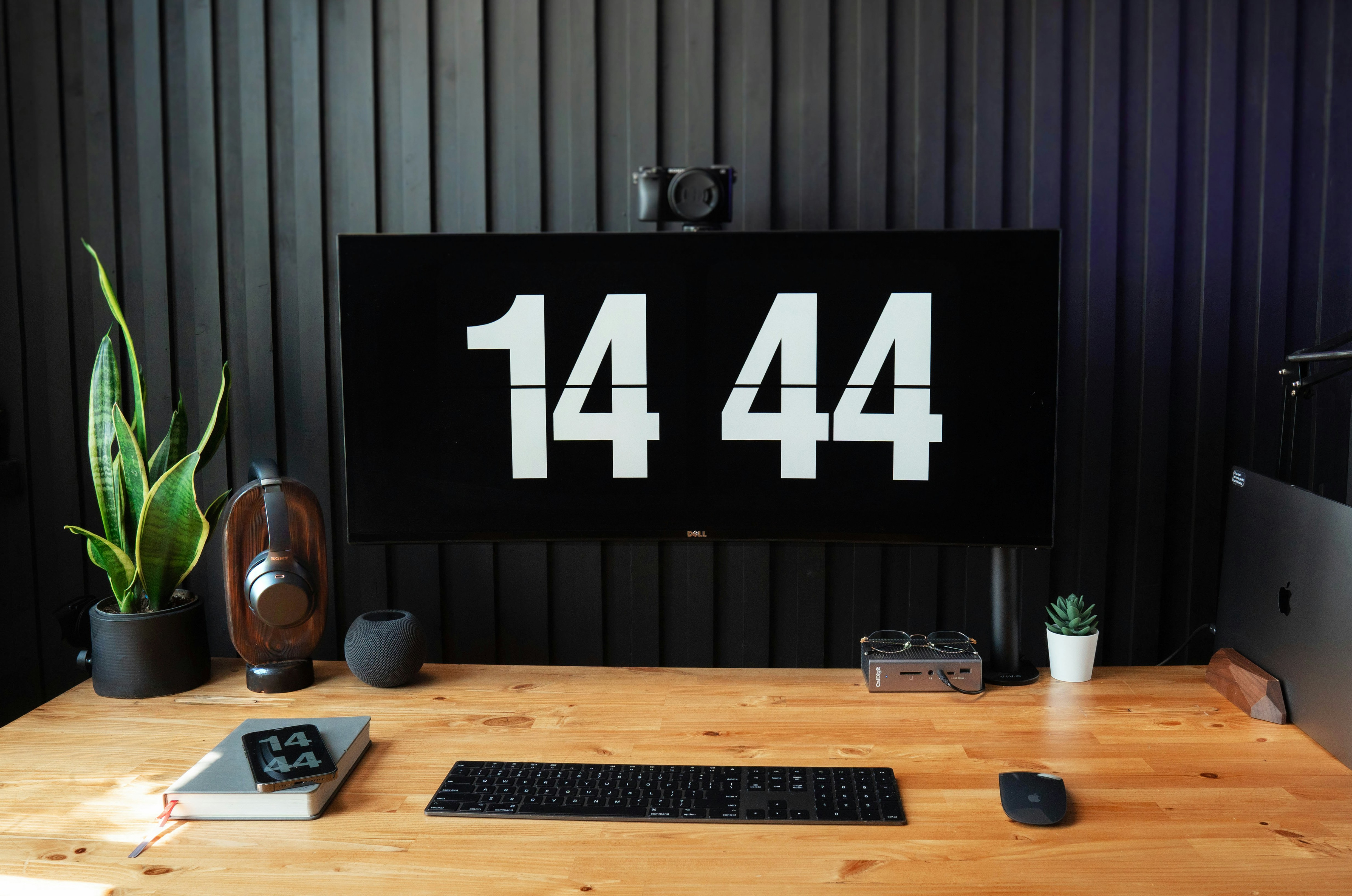In today’s fast-paced world, the freelance lifestyle has become increasingly popular. The freedom to work from anywhere, anytime, and be your own boss has enticed numerous professionals to take the leap into freelancing. And one key factor that has revolutionized this lifestyle is remote work. With the advent of technology, individuals now have the opportunity to collaborate with clients from across the globe without ever stepping foot inside a traditional office. This article explores the vital role that remote work plays in enabling freelancers to create a fulfilling and flexible career path.
Advantages of Remote Work in the Freelance Lifestyle
Flexibility in Work Schedule
One of the major advantages of remote work in the freelance lifestyle is the flexibility it offers in terms of work schedule. As a freelance worker, you have the freedom to choose when and where you work, allowing you to align your work schedule with your personal preferences and needs. Whether you are a night owl or an early bird, you can set your work hours accordingly, which can greatly enhance your productivity and overall satisfaction with your work.
Increased Work-Life Balance
Remote work in the freelance lifestyle also provides an opportunity for increased work-life balance. When you have the flexibility to work from anywhere, you can more easily integrate work into your life, rather than having to fit your life around your work. This means you can spend more time with your family, pursue personal hobbies and interests, and take care of your physical and mental well-being, all while earning a living. By having control over your time, you can create a more harmonious and fulfilling lifestyle.
More Control over Workspace
Working remotely in the freelance lifestyle gives you the freedom to design your workspace according to your preferences. Whether you prefer a traditional office setup or a cozy corner with a comfortable chair and natural light, you have the power to create an environment that fosters productivity and creativity. You can personalize your workspace with inspirational quotes, plants, or artwork, which can have a positive impact on your mood and motivation. Having control over your workspace can greatly enhance your work experience and overall satisfaction.
Elimination of Commuting
Another advantage of remote work in the freelance lifestyle is the elimination of commuting. Commuting can be stressful, time-consuming, and expensive. By working remotely, you can say goodbye to rush hour traffic, crowded public transportation, and the associated frustrations. Instead, you can utilize that time for more meaningful activities, such as spending time with your loved ones, pursuing personal interests, or engaging in self-care. The elimination of commuting can also contribute to a more sustainable lifestyle by reducing your carbon footprint.
Access to Global Job Market
When you work remotely in the freelance lifestyle, you have access to a global job market. Traditional freelancers often face limitations in terms of clients and projects due to geographical restrictions. However, by embracing remote work, you are no longer limited by physical boundaries. You can work with clients and companies from around the world, expanding your opportunities and increasing your potential income. This access to a global job market allows you to tap into different industries, cultures, and perspectives, which can be both enriching and professionally rewarding.
Challenges of Remote Work in the Freelance Lifestyle
Difficulty in Establishing Work-Life Boundaries
One of the challenges of remote work in the freelance lifestyle is the difficulty in establishing clear work-life boundaries. When your work and personal life coexist in the same space, it can be challenging to separate the two. You may find yourself constantly checking emails or working late into the evening, which can lead to burnout and an imbalance between work and personal life. It is important to establish clear boundaries by setting specific work hours, creating designated workspaces, and practicing self-discipline and time management.
Feeling of Isolation
Working remotely in the freelance lifestyle can sometimes lead to feelings of isolation. Without colleagues or coworkers physically present, you may miss out on the social interactions and camaraderie that come with working in a traditional office setting. It is important to find ways to combat this feeling of isolation by actively seeking out social connections and networking opportunities. Participating in online communities, attending meetups or conferences, and collaborating on virtual projects can help alleviate the sense of loneliness and create a sense of belonging in the freelance community.
Limited Face-to-Face Interaction
In a remote work freelance lifestyle, face-to-face interaction with clients and colleagues is limited. While technology has made communication easier through video calls and instant messaging, it doesn’t fully replace the benefits of in-person interaction. Body language, facial expressions, and subtle cues may be missed, affecting the quality and depth of communication. It is important to find a balance by utilizing communication tools effectively, while also seeking opportunities for in-person meetings and networking events whenever possible.
Potential Distractions at Home
Working from home in a remote work freelance lifestyle exposes you to potential distractions that are not present in a traditional office environment. Household chores, family members, pets, and personal obligations can easily divert your attention and disrupt your workflow. To stay focused and minimize distractions, it is essential to create a dedicated workspace, communicate boundaries with family members, and establish a strict routine. By setting clear expectations with yourself and others, you can create an environment that is conducive to productivity and concentration.
Dependency on Reliable Internet Connection
A reliable internet connection is crucial for remote work in the freelance lifestyle. Without a stable internet connection, you may face interruptions in communication with clients, delays in accessing important files or documents, and difficulty meeting deadlines. It is important to have a backup plan in case of internet outages, such as utilizing mobile data or finding alternative locations with internet access. Investing in a reliable internet service provider and maintaining a backup connection can help mitigate potential disruptions to your work.
Effective Time Management in Remote Work Freelancing
Setting Clear Goals and Priorities
To effectively manage your time as a remote work freelancer, it is essential to set clear goals and priorities. Determine the tasks and projects that are most important and align them with your long-term objectives. By establishing clear goals, you can focus your time and energy on the areas that will have the greatest impact on your success. Break down larger goals into smaller, manageable tasks and set specific deadlines to keep yourself accountable.
Creating a Schedule and Sticking to It
Creating a schedule and sticking to it is a key component of effective time management in remote work freelancing. Determine your most productive work hours and allocate specific time slots for different tasks and activities. By having a structured schedule, you can maintain consistency and avoid wasting time on indecision or aimless work. Be disciplined in following your schedule, but also allow for flexibility to accommodate unexpected changes or opportunities that may arise.
Utilizing Time Tracking Tools
Time tracking tools can be valuable resources for managing your time effectively as a remote work freelancer. These tools help you monitor how you spend your time, identify areas of improvement, and track your productivity. By analyzing your time usage, you can identify patterns, eliminate time-wasting activities, and optimize your workflow. Experiment with different time tracking tools and find one that best suits your needs and preferences. By utilizing these tools, you can gain a better understanding of your work habits and make necessary adjustments to enhance productivity.
Avoiding Procrastination
Procrastination is a common challenge for remote work freelancers, as the absence of a traditional office environment and direct supervision can tempt you to postpone tasks or engage in non-productive activities. To overcome procrastination, incorporate strategies such as breaking down tasks into smaller, manageable portions, utilizing time-blocking techniques, and setting deadlines for yourself. Consider implementing the Pomodoro Technique, which involves working in focused bursts with short breaks in between. By actively combating procrastination, you can stay on track and achieve your goals.
Taking Regular Breaks
Taking regular breaks is essential for maintaining productivity and overall well-being as a remote work freelancer. Continuous work without breaks can lead to burnout, decreased focus, and diminished creativity. Incorporate short breaks throughout your workday to recharge and rejuvenate. Utilize these breaks for physical activity, relaxation, or engaging in activities that bring you joy. By stepping away from work periodically, you can return to tasks with renewed energy and mental clarity, ultimately enhancing your productivity and overall satisfaction with your work.



